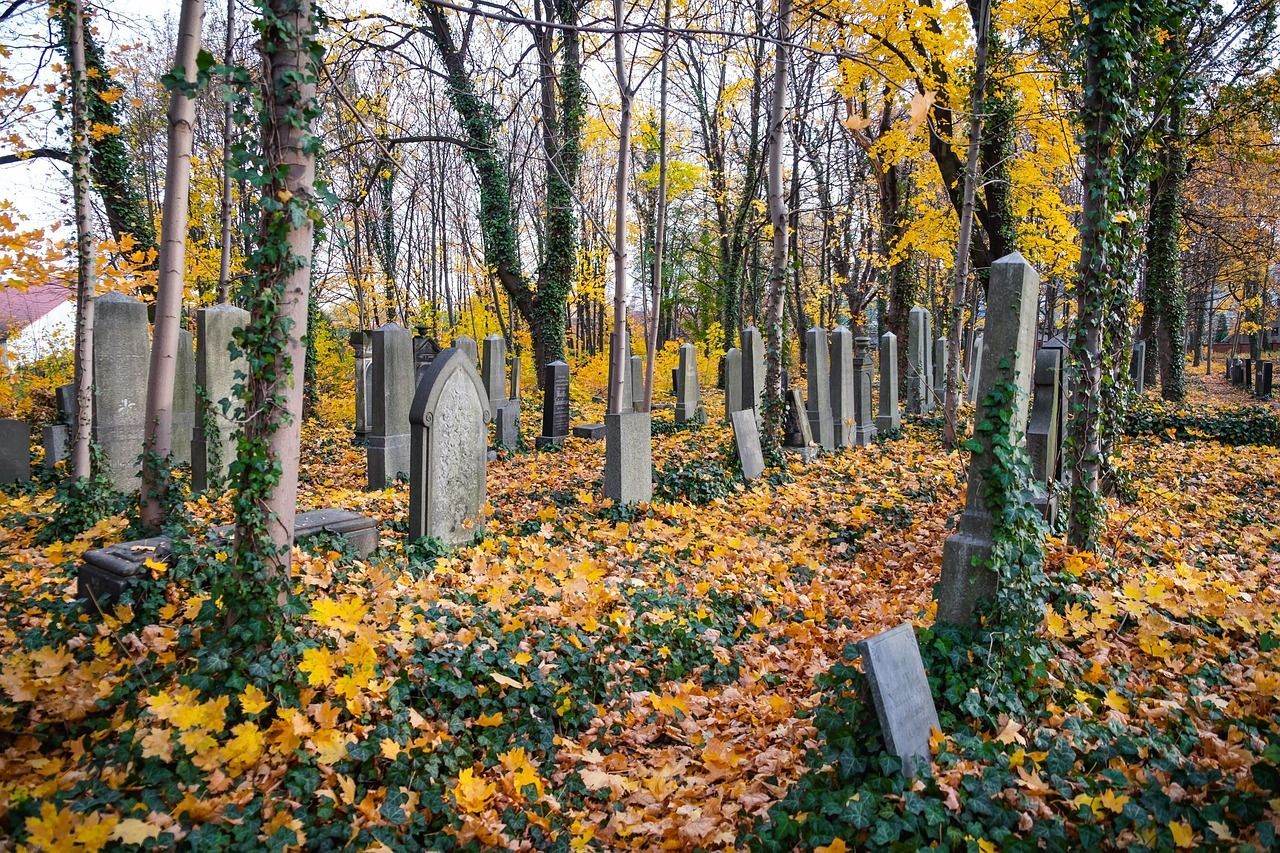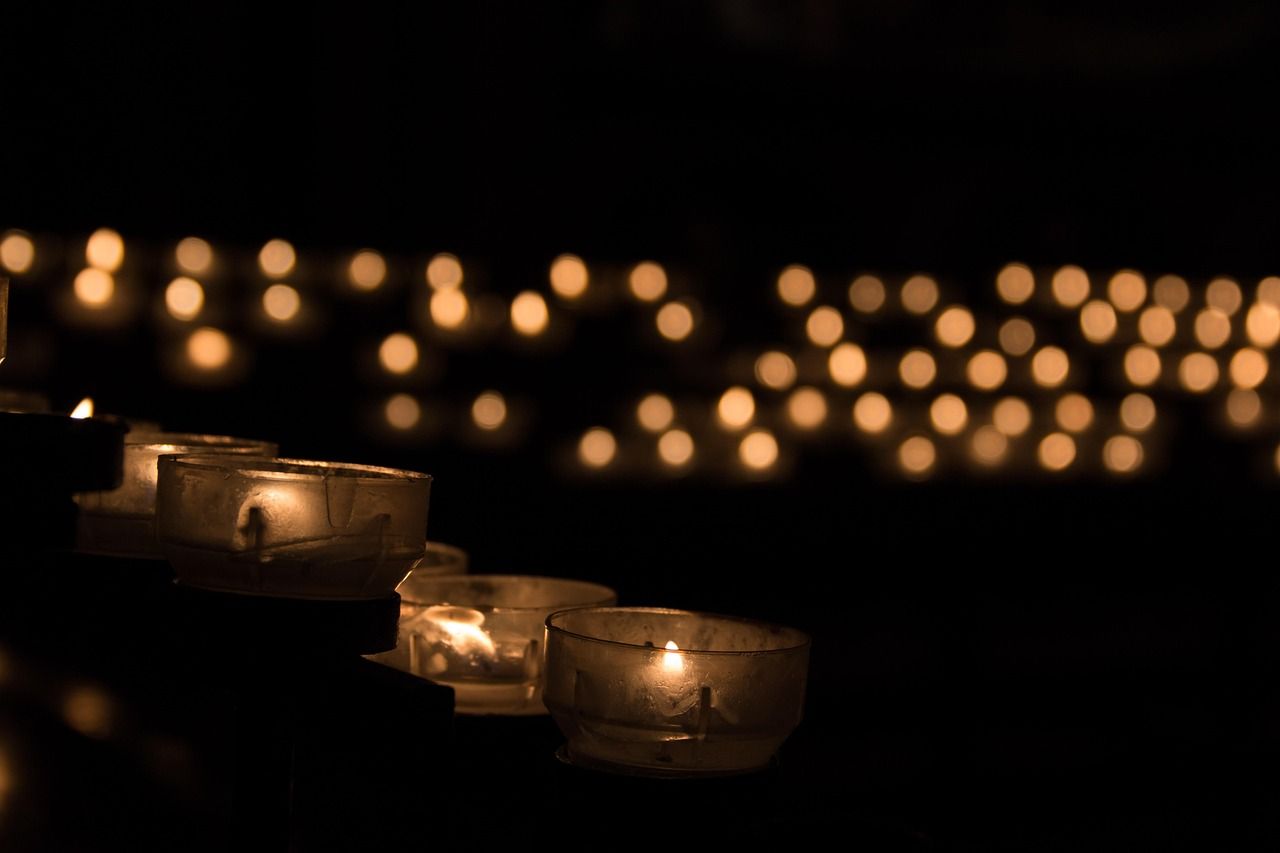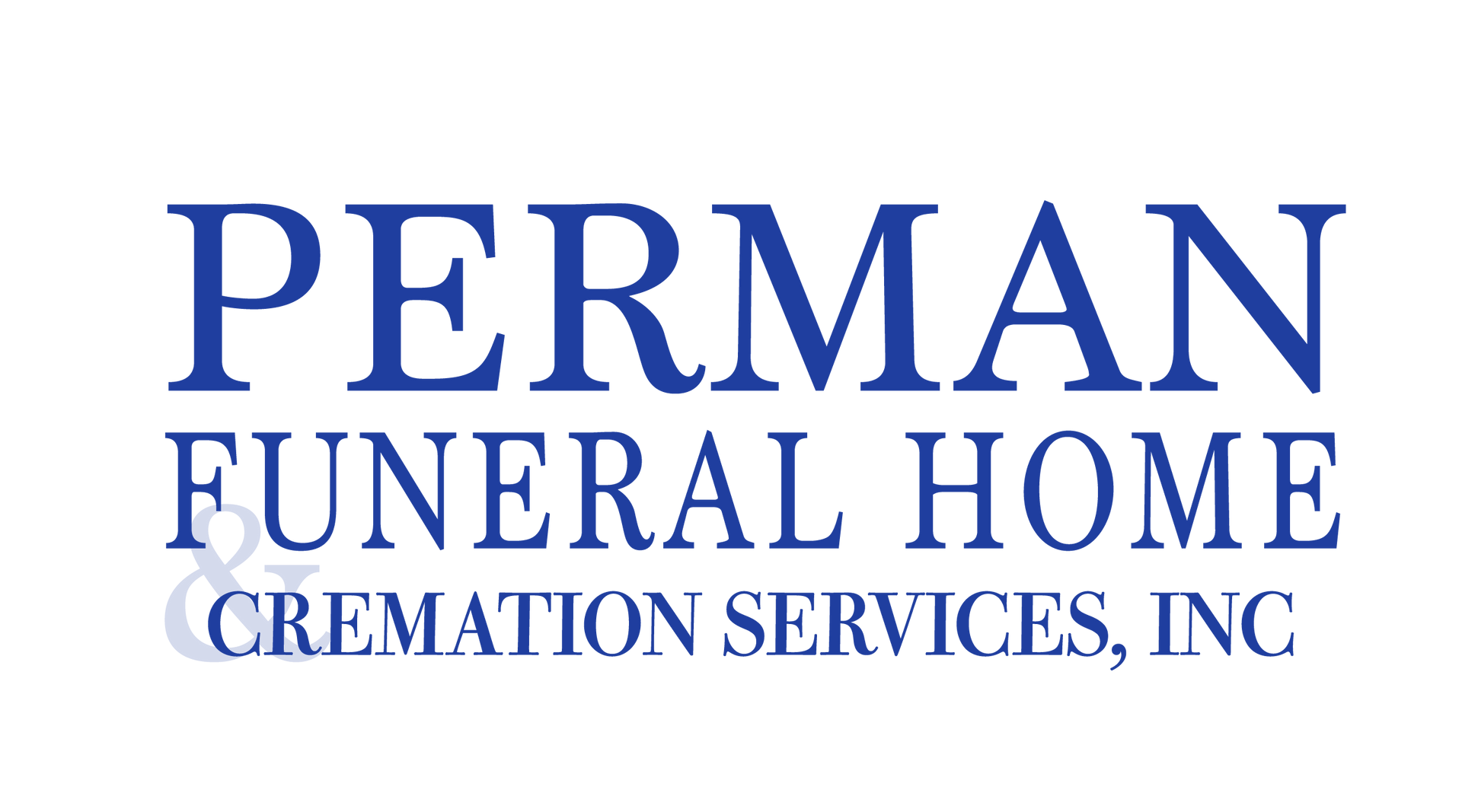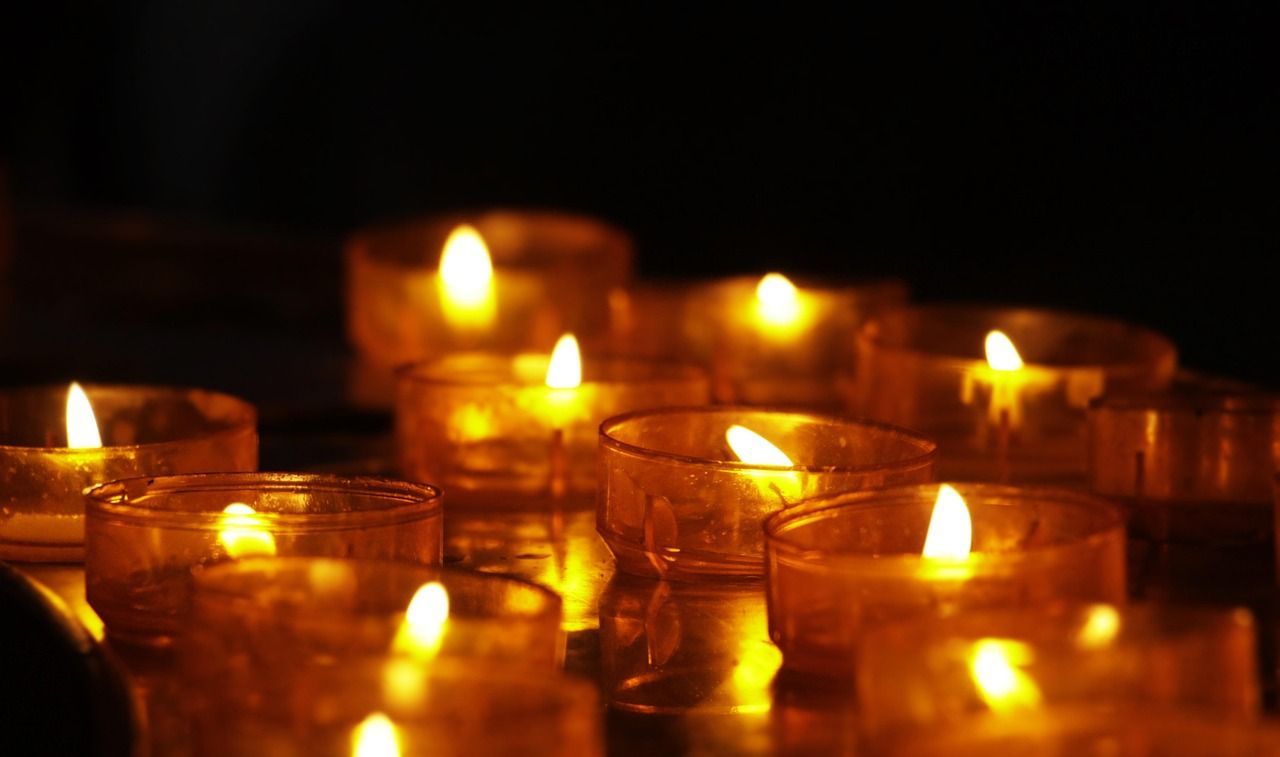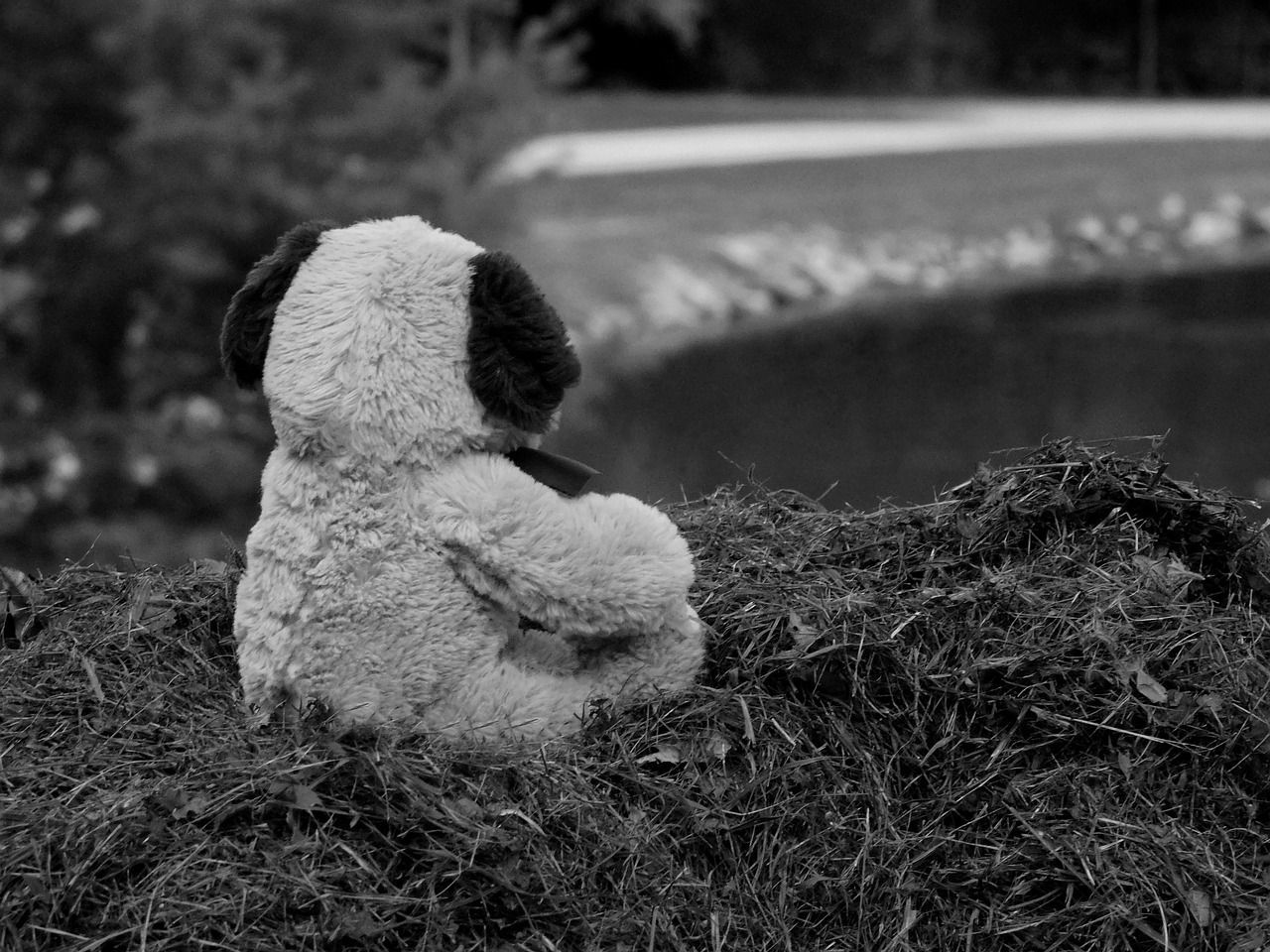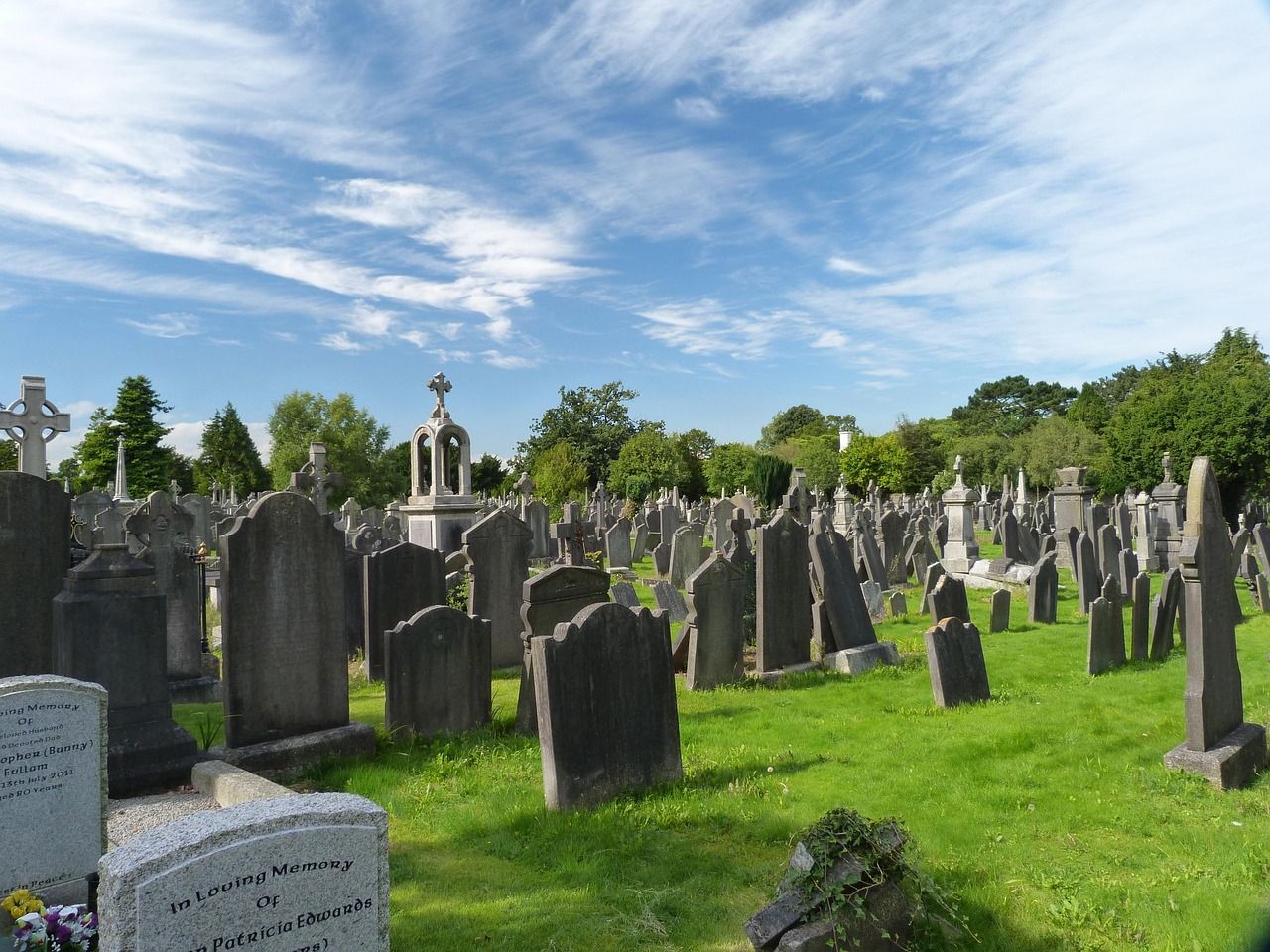Understanding Cremation: What You Need to Know
Cremation is an increasingly common choice for families looking for flexible and meaningful ways to honor a loved one. It allows for a wide range of options, from memorial services to personalized keepsakes, while also offering affordability and convenience. Despite its popularity, many families still have questions about the process, legal requirements, and ways to honor the deceased.
At Perman Funeral Home, we are committed to guiding families through every step of the cremation journey with care, compassion, and expertise.
1. What Is Cremation?
Cremation is the process of reducing a deceased person’s body to bone fragments through intense heat and processing, resulting in ashes that can be kept, buried, or scattered.
Cremation can be chosen for a variety of reasons, including:
- Flexibility in planning a memorial service
- Lower cost compared to traditional burial
- Cultural or religious preferences
- Desire for a personalized way to honor a loved one
It is important to understand that cremation is not the end of memorial options, it is the beginning of a flexible approach to celebrating a life.
2. The Cremation Process
Here’s an overview of the typical cremation process:
- Authorization and Paperwork: The funeral home collects the death certificate, cremation authorization forms, and any permits required by law
- Preparation of the Deceased: Personal items are removed, and the body is placed in a cremation container
- Cremation: The body is placed in the cremation chamber, where heat reduces it to bone fragments
- Processing of Remains: The remains are cooled and processed into a fine, ash-like substance
- Return of Ashes: The ashes are placed in an urn or container chosen by the family
This process is carried out with the utmost respect and professionalism to honor the deceased.
3. Can Cremation Include a Funeral or Memorial Service?
Yes. Cremation does not prevent families from holding a meaningful service. Families have several options:
- Funeral Before Cremation: A traditional funeral service can be held with the casket present, including visitation, viewing, or wake
- Memorial Service After Cremation: A memorial service can be held with the ashes present, at a location of the family’s choice
- Private Cremation with Later Ceremony: Families may choose to cremate immediately and plan a celebration of life at a later date
At Perman Funeral Home, we help families design a service that reflects the life, values, and personality of their loved one.
4. Options for Ashes
Families have many choices for what to do with the ashes after cremation:
Urn Placement
Keeps the ashes at home or in a columbarium niche at a cemetery
Scattering
Ashes can be scattered in a meaningful location, following local guidelines
Burial
The urn can be buried in a family plot or cremation garden
Keepsakes
Small portions of ashes can be kept in jewelry or mini urns for family members
Creative Tributes
Ashes can be incorporated into artwork, glass, or other memorial objects
Each option allows families to create a personal and meaningful connection with their loved one.
5. Legal and Practical Considerations
Before proceeding with cremation, families should understand the legal and practical requirements:
- Authorization Forms: Required for all cremations to ensure consent from the legal next of kin
- Permits: Certain municipalities may require permits for cremation and scattering
- Death Certificate: Needed for official documentation and processing
- Cemetery Regulations: If placing ashes in a cemetery, rules may vary by location
Perman Funeral Home staff can guide families through these requirements to make the process smooth and worry-free.
6. Costs and Affordability
Cremation is often more affordable than traditional burial because it avoids costs for a casket, burial plot, and embalming. Costs can vary depending on the type of service chosen:
- Direct Cremation (no service): Most cost-effective
- Cremation with Memorial Service: Includes planning, venue, and urn selection
- Cremation with Funeral Beforehand: Comparable to a traditional funeral, with cremation replacing burial
Families can choose a package that aligns with their budget while still honoring their loved one.
7. Personalizing a Cremation Memorial
Cremation allows families to create deeply personal services. Consider these ideas:
- Photo displays or videos showcasing the loved one’s life
- Music, readings, or rituals that reflect their values or culture
- Memory tables with personal items, flowers, or mementos
- Customized urns or keepsakes for family members
- Ceremonial scattering or placement of ashes in meaningful locations
These options ensure that every memorial is unique and heartfelt.
Frequently Asked Questions About Cremation
1. How long does the cremation process take?
Typically 2–3 hours, followed by cooling and preparation of the ashes
2. Can I attend the cremation?
Yes. Families can be present for the process if desired, or attend a service beforehand
3. Do ashes have to be kept in an urn?
No, families may choose to scatter them, bury them, or create keepsakes
4. Can cremation accommodate religious or cultural practices?
Yes. Perman Funeral Home can help incorporate rituals, chanting, or offerings
5. Are there environmentally friendly options for cremation?
Yes. Biodegradable urns and other sustainable practices are available
6. Can ashes be divided among family members?
Yes. Many families choose keepsakes or jewelry pieces to share
7. Is pre-planning available for cremation?
Absolutely. Pre-planning helps reduce stress on family members and ensures your wishes are honored
At
Perman Funeral Home, our team is dedicated to guiding families through every step of the cremation process with compassion, professionalism, and respect. Whether you are making arrangements for a loved one or planning in advance, we help you create a meaningful, personalized tribute that honors their life.
